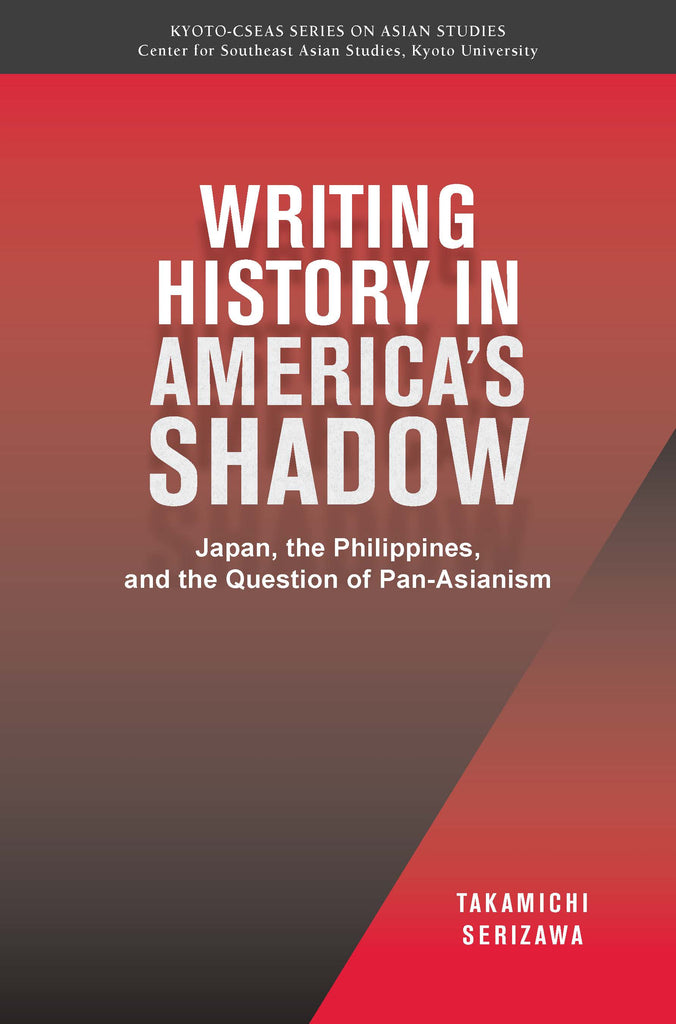Writing History in America’s Shadow: Japan, the Philippines, and the Question of Pan-Asianism
$39.00 SGD
Takamichi Serizawa
Both the Japanese and Filipino people experienced a re-writing of their national histories upon being defeated by the United States: the Philippines after 1902 and Japan after 1945. This re-writing was conducted in order to justify and explain US rule and its ideology of modernisation and democracy. These new histories portrayed the immediate past as the dark ages: the Spanish colonial period for the Philippines and Japan’s wartime totalitarianism and militarism.
What kind of dilemmas and contradictions did Filipino and Japanese historians and intellectuals embrace by accepting the US re-writing of their national histories? Did Filipino and Japanese historians interact at all, under the US hegemony? The idea of America’s shadow is meant to shed a light on areas of darkness in both Japanese and Philippine historiographies and understanding of their region.
Through an examination of the commonalities, differences and interactions of Japanese and Filipino histories, ideas of history, modernisation theory, and area studies, Serizawa makes an important contribution to sorting through the tangled histories of Asia in the complicated matrix of colonial, wartime and Cold War contexts.
"Inspired by the understanding that history writing is always shaped by politics, this is a major historiographical intervention that sheds new light on the dark shadow of American power in the Asia-Pacific and the complex and yet indelible impact it has had on Japanese, Filipino and American historians’ representations of the past."
– Takashi Fujitani, University of Toronto
Takamichi Serizawa is a research fellow at the Institute for Research in Humanities, Kyoto University.
Kyoto CSEAS Series on Asian Studies
Publication Year: 2020
192 pages, 229mm x 152mm / 1 b/w photo, 2 tables
Paperback
ISBN: 978-981-3251-06-9

